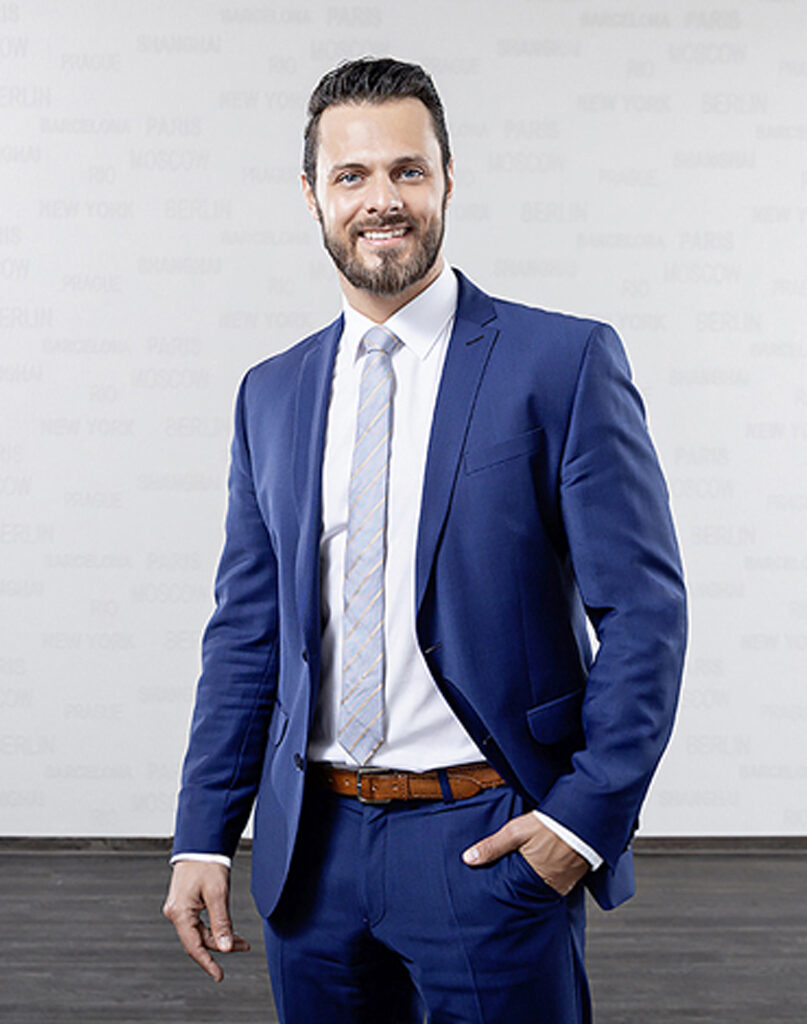In the future the management will be counting on increased flexibility to offset demand fluctuations better

Albstadt-based circular knitting machine manufacturer Mayer & Cie. (MCT) generated group sales of around € 72 million in 2020, a 20 per cent decline on the previous year, making it the second year in succession in which the long-established Albstadt-Tailfingen company reported a negative result. Looking ahead, in contrast, the outlook is much more promising. Since late summer 2020 and the end of the first wave of coronavirus infections the company has benefited from a marked recovery in all of its markets. Thanks to this positive trend Mayer & Cie. anticipates a successful 2021 financial year. In the future the management will be counting on increased flexibility to offset demand fluctuations better.
Trade Disputes and Coronavirus
“In 2019 world trade disputes and many local trouble spots brought us major sales losses, joined in 2020 by the coronavirus pandemic,” says Mayer & Cie. Managing Partner Benjamin Mayer, summarising the past two years. “At the end of 2019 we adjusted our personnel structure to the decline in demand and that would probably have seen us through 2020, but no one was expecting the pandemic,” he adds. As a consequence, Mayer & Cie.’s group result for 2020 was around € 72 million, a decline of more than 20 per cent on the previous year. In 2019 sales were already down 12 per cent on 2018 despite the launch of a new product range—braiding machines—in Albstadt. Comparing 2018 and 2020 sales directly, the downturn was all of 32 per cent.
Turnaround in Late Summer of 2020
“Even for a healthy enterprise such serious and continuing fluctuations are hard to bear,” Benjamin Mayer explains. That is why he is delighted that the market has recovered since late summer 2020. “Since then,” he says, “our order intake has evened out at a reasonable and, indeed, a very good level. Last September was our best month for orders of the past 20 years, the proverbial acceleration to 100 from a standing start.” Further expectations for 2021 at Mayer & Cie. are positive. Managing Director Mayer expects the company to exceed its original circular knitting machine production target for the year. The sales target for 2021 is around € 96 million, which will see the company back into the black.

That will enable Mayer & Cie. to press ahead with investment at its Albstadt site once more. Several million euros have been earmarked for 2021 subject to certain conditions. The focus in previous years, along with continuous maintenance and renewal of plant and equipment, was on renovation of partially outdated premises and infrastructure in general. The circular knitting machine manufacturer has also undertaken important and budget-intensive steps in digitization. A web shop for spare parts is being launched in the first half of 2021. Intensive work is also under way on remote maintenance processes for the company’s circular knitting machines. An application to read and monitor the machines’ production data will shortly undergo trials, and further projects are in the pipeline.
Clocks Tick Differently in Braiding Machines
“In relocating braiding machine production to Albstadt our stated aim was to offset fluctuations in the textile machinery market,” says Benjamin Mayer. That was accomplished. In 2019 and 2020 the new division, working at full capacity, accounted for between 10 and 20 per cent of sales revenue. In terms of machines manufactured, 2020 saw a 14 per cent increase on 2019.
Now, however, the braiding machine division faces a decline in demand such as the circular knitting machine division faced over the past two years. “As hoped,” says Benjamin Mayer, “this fluctuation is staggered, so we can now deploy free capacities to circular knitting machine production.”
Greater Flexibility as a Prerequisite for the Future
Against a background of protracted and deep-rooted crisis experience the Mayer & Cie. management continues to focus on flexibility. Says Benjamin Mayer: “The turnaround last September proved that the situation can change overnight, as it were, both positively and negatively. To be able to respond to it we need flexibility.” The company aims to achieve it by various means. The existing working time account is to provide even more scope for increasing or reducing hours worked. Temporary workers will be hired in addition to the core workforce. The company also aims to increase the number of working hours for the core workforce. “That is essential if, with the existing market prices of our machines, we are to remain competitive and profitable in the long term.” Details are currently being negotiated with the Works Council and the engineering union IG Metall.





